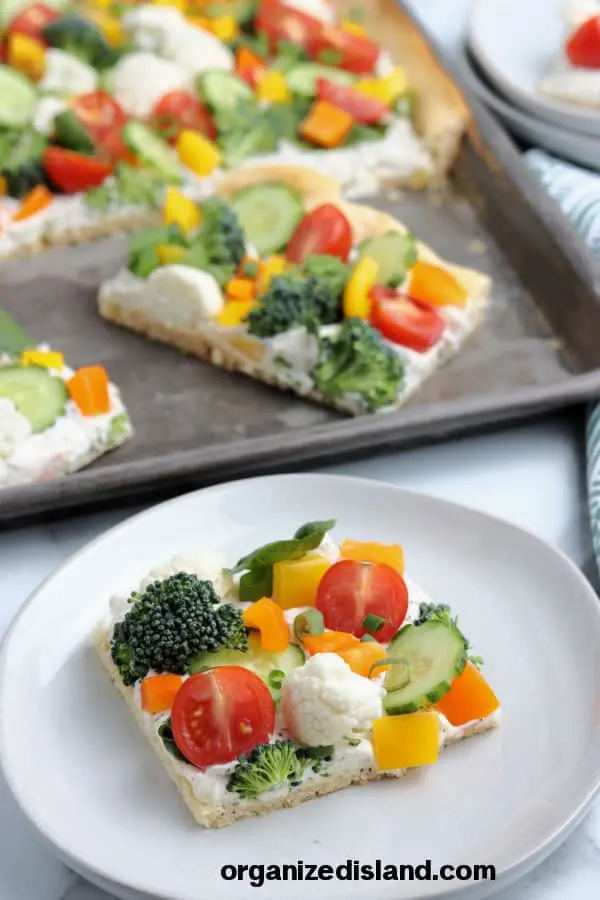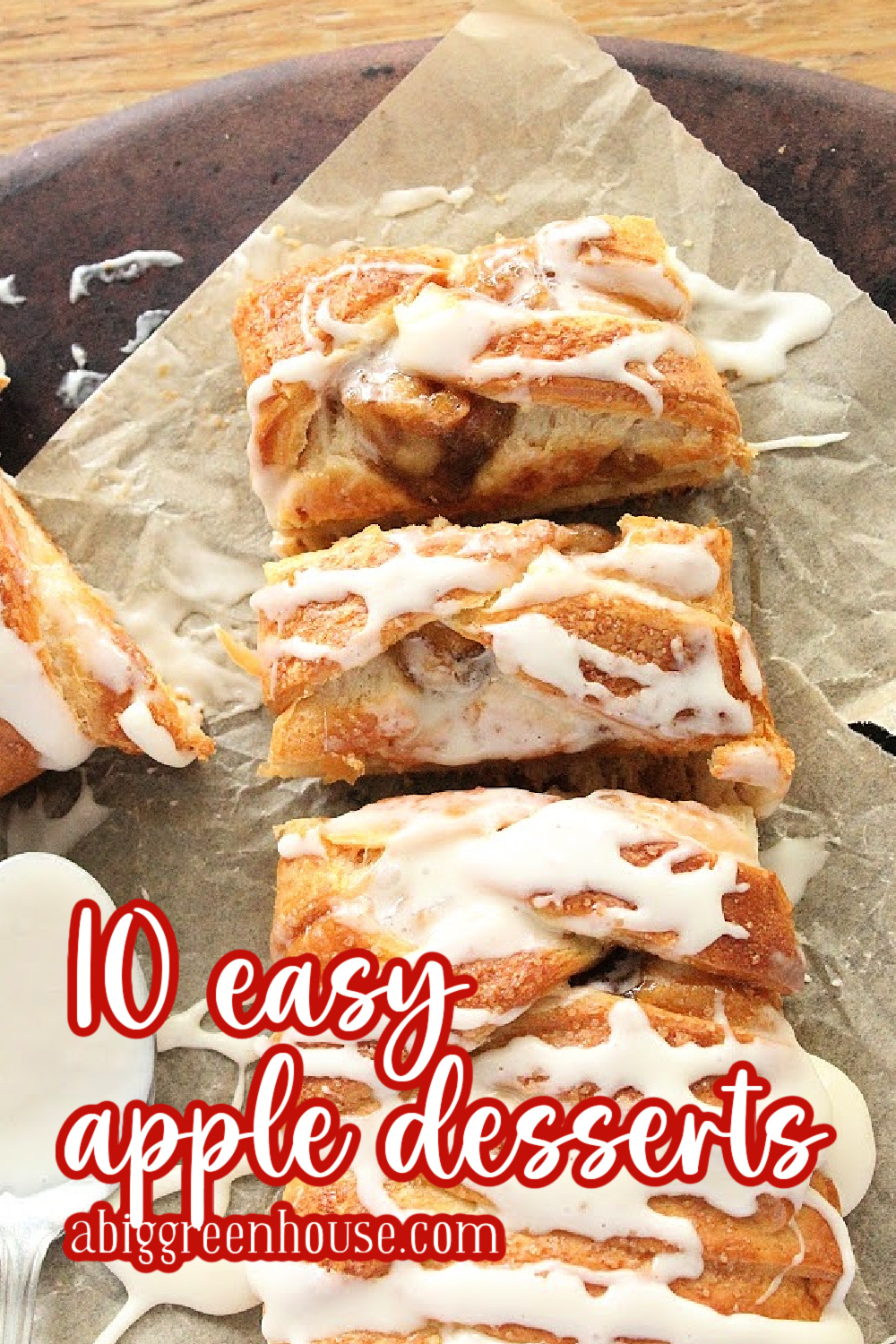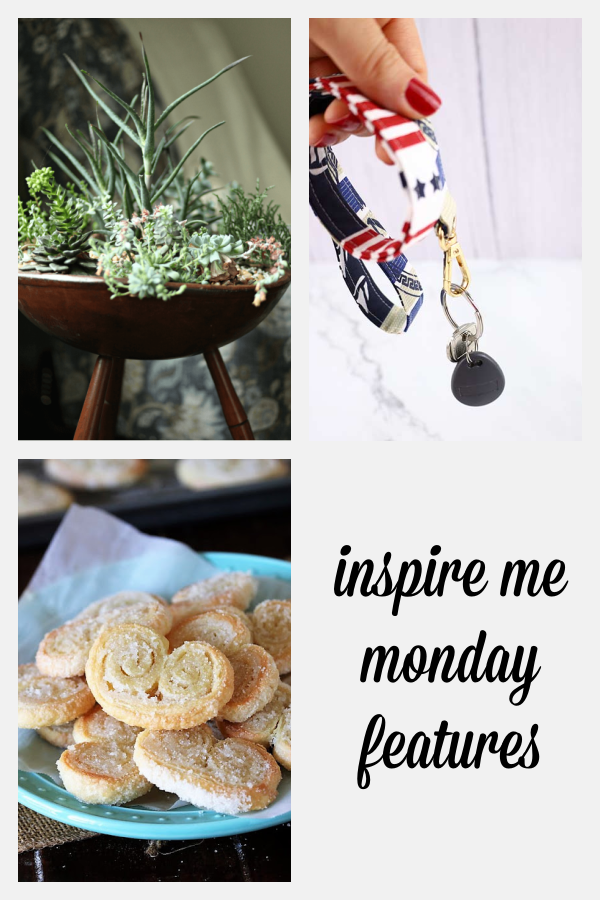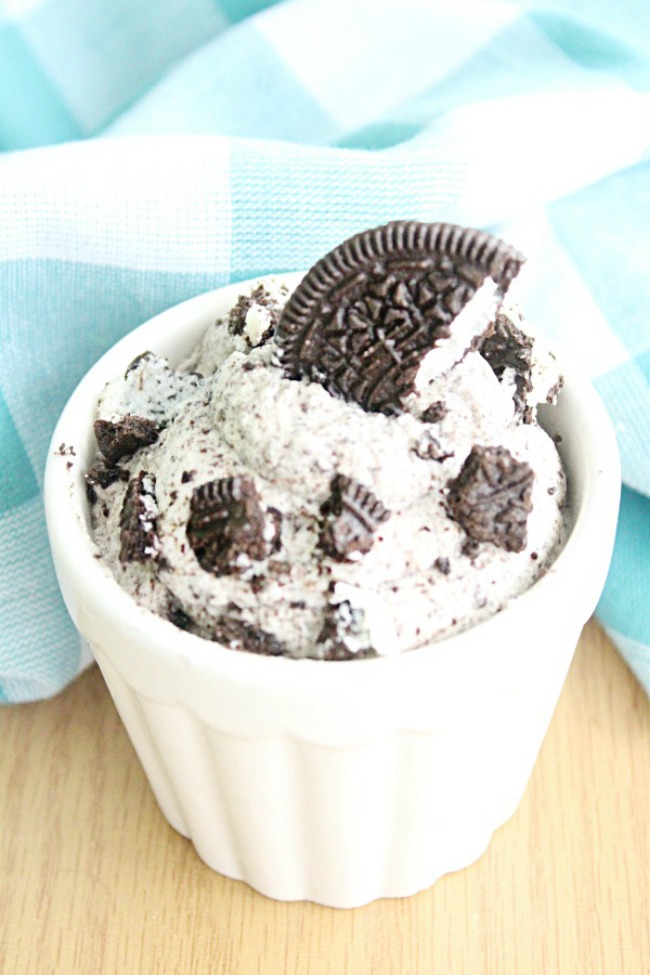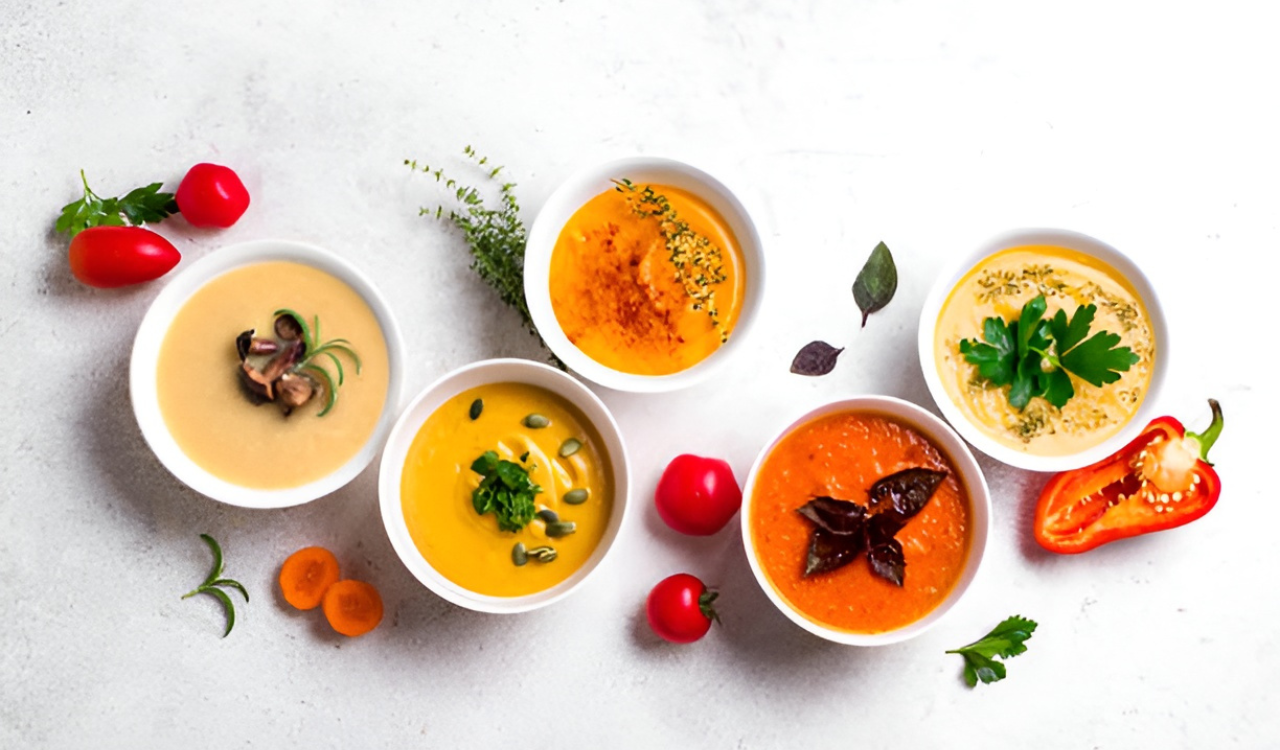8 Tiny Cooking Habits That Make You Feel in Control Again
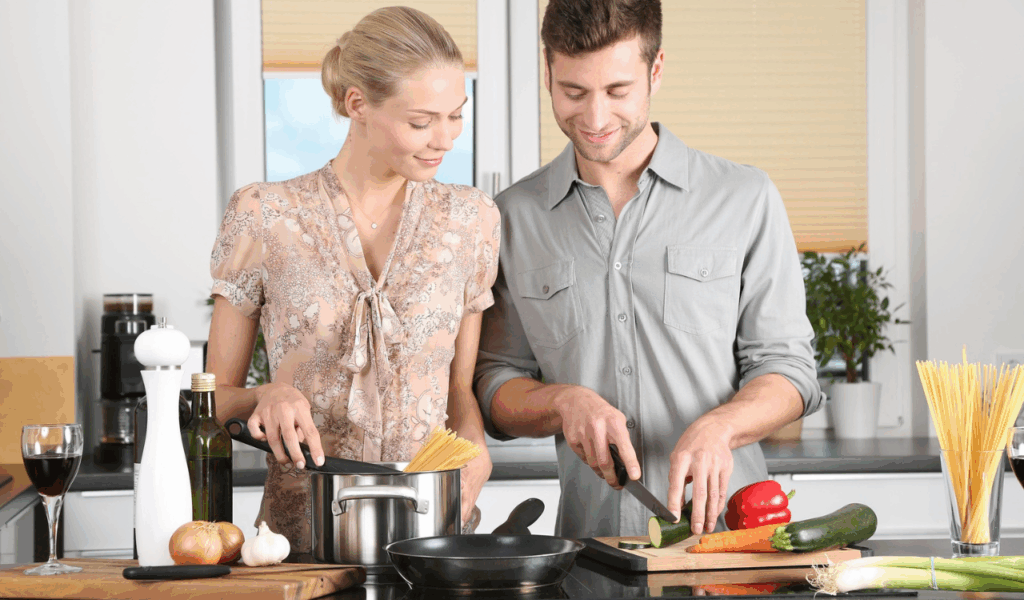
The kitchen may be a safe place for you to make order, rhythm, and tiny victories when life gets crazy. Cooking not only fills your stomach, but it also relaxes your mind. These eight tiny, attentive practices in the kitchen might help you feel like you have more control over your day. They are simple, grounding, and very rewarding, and they show you that even small habits may have a significant impact.
1. Start with a Clean Counter
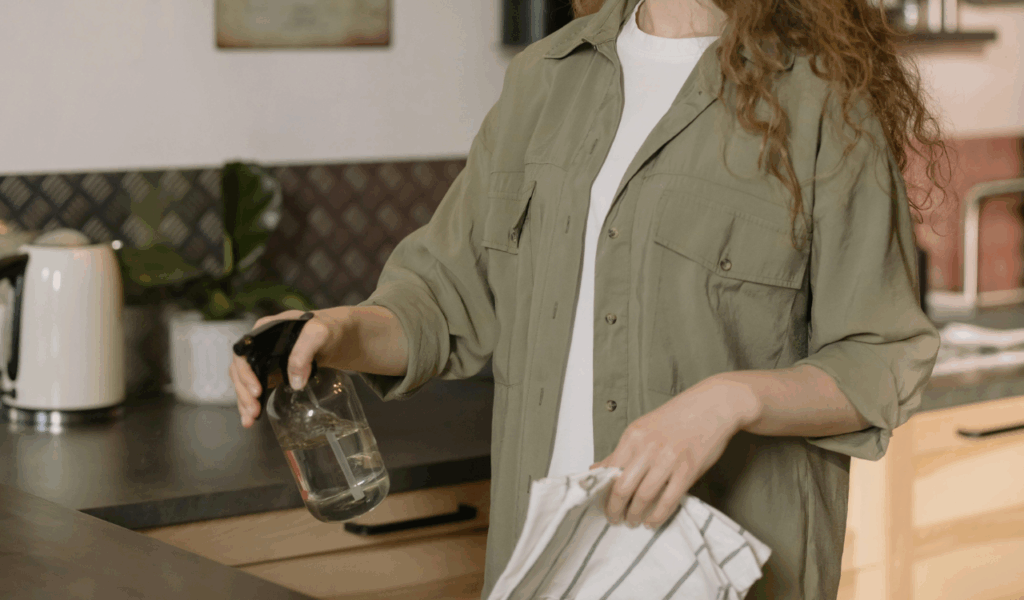
Before you cook, clean off your counter. This will help you focus and relax. You can think more clearly and move more quickly when your desk is clean. This one step can change a hasty, stressed cooking session into a thoughtful act of caring. It’s not about being perfect; it’s about making a tiny room where you can breathe, cut, and make things without having to deal with a lot of stuff.
2. Prep Ingredients Before You Start
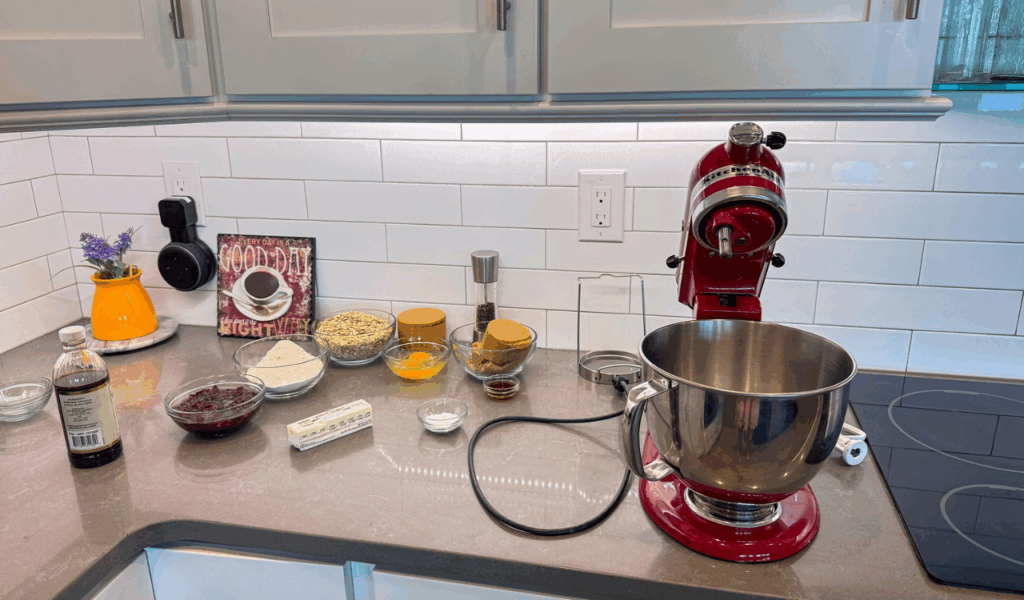
The French word for it is “mise en place,” which means “everything in its place.” When you lay out your chopped vegetables, measured seasonings, and readied utensils, you feel more organized before the heat starts. It stops you from looking frantically and making mistakes. Getting ready for 10 more minutes gives you a sense of order and control. It reminds you that being ready for even simple tasks may set the tone for the rest of your day.
3. Sharpen Your Knives Regularly
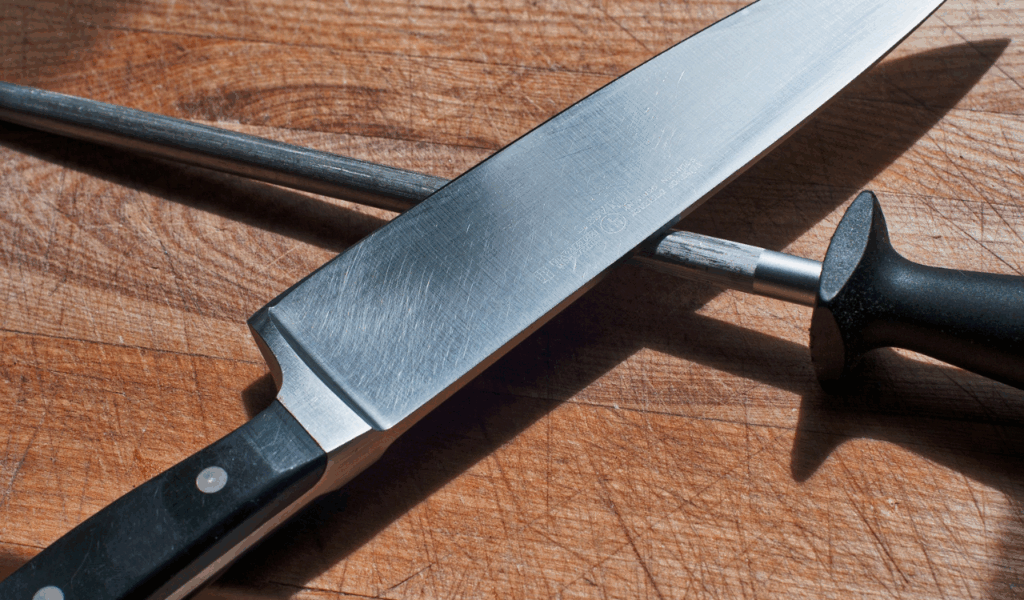
A sharp knife is more than simply something a chef is proud of; it’s a sign that they are ready. A sharp knife cuts through food easily, but a dull one makes cooking hard and even dangerous. Taking the time to sharpen your knives is a good way to take care of them and be aware of what you’re doing. It’s a little ritual that means, “I’m taking care of my tools so they can take care of me.” You will feel that sensation of control come back the next time you cut an onion cleanly.
4. Clean as You Go
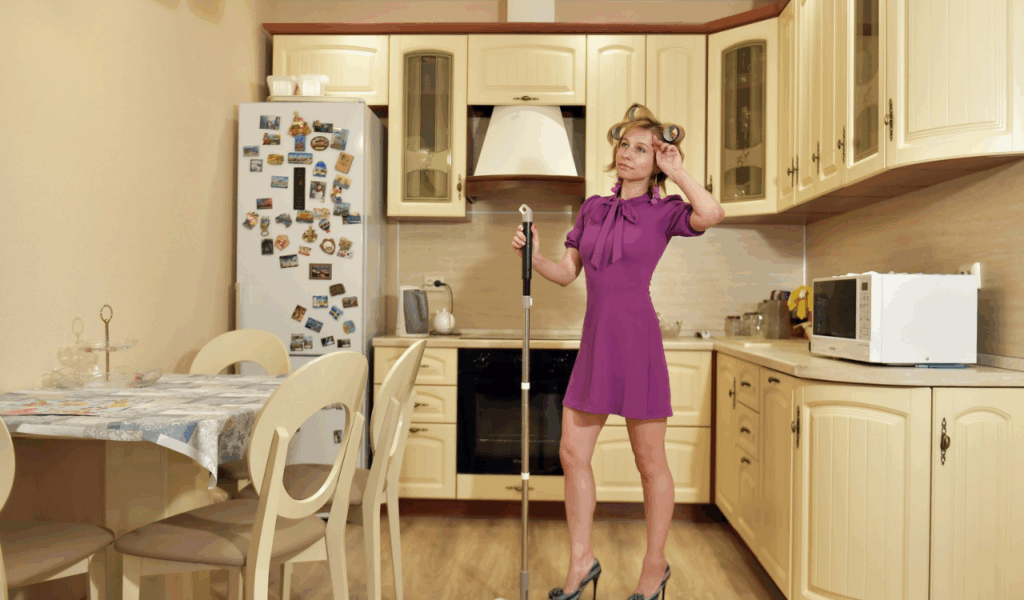
This old guideline for the kitchen is both useful and keeps the peace. Cleaning the dishes or wiping down the counter between steps keeps things from getting out of hand. It makes cooking less of a burden and more of a steady flow. Seeing a clean space at the conclusion of your meal is satisfying, and it shows that constant, thoughtful effort leads to visible calm. You get food and clarity at the end.
5. Use Real Plates, Even When Eating Alone
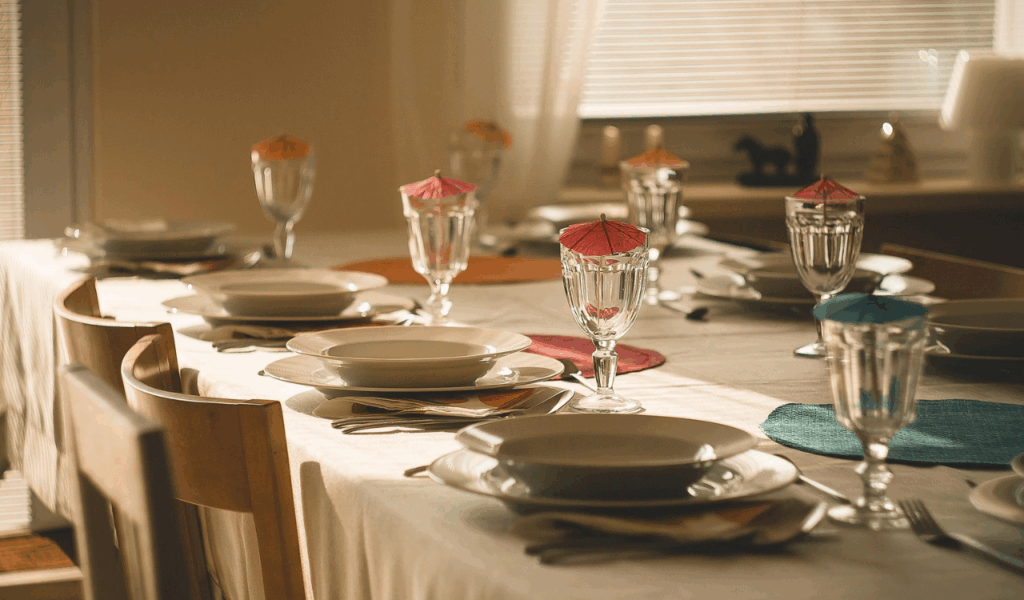
When no one is looking, it’s easy to eat directly from the pan, but putting your food on a plate shows that you care about yourself. If you take a break to sit down, utilize utensils, and appreciate what you produced, it might change your mood right away. It changes eating from something you do to stay alive into something you do to show you care. It may seem small, but it’s one of the most important things you can do to get your life back on track and feel good about yourself.
6. Keep a “Base Ingredient” Ready
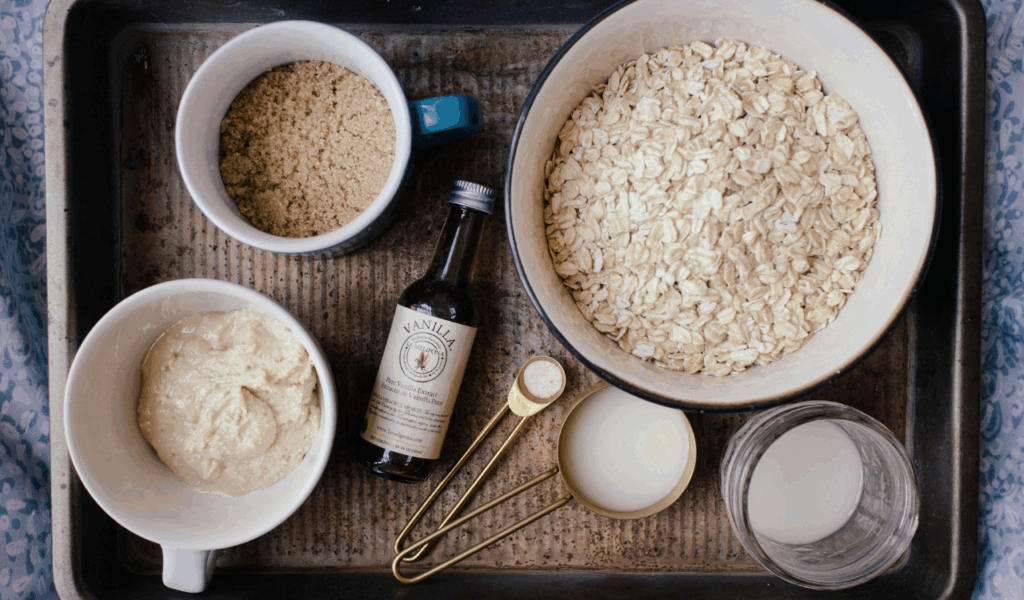
Having one ready-made food, like cooked rice, roasted vegetables, or boiled eggs, will help you stay sane. It lets you choose what you want to eat when you’re too tired to cook from scratch but still want something healthy. Making meals around that base teaches you how to be resourceful. It’s a modest reminder that getting ready isn’t about being perfect; it’s about giving your future self a little gift of ease.
7. Engage Your Senses on Purpose
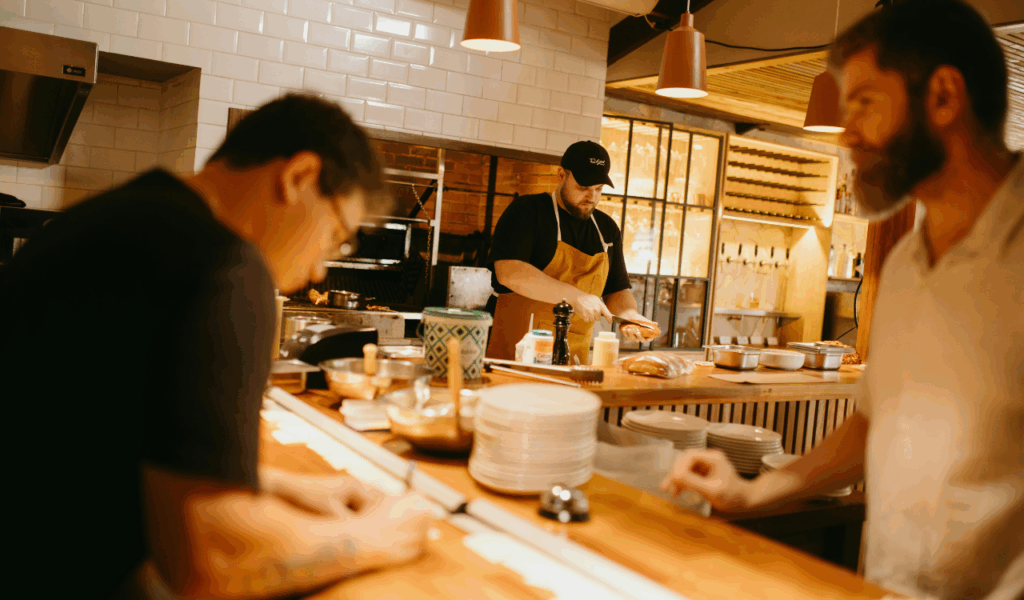
The scent of garlic, the sound of onions sizzling, and the feel of dough are all built-in mindfulness tools that come with cooking. Taking a moment to observe them brings you back to the present. Don’t rush through the steps; take your time and really feel what you’re doing. It makes your mind and body work together in a quiet, sensory loop. Even cooking a pot of soup might help you get back into your body and your moment.
8. End Every Cooking Session with Gratitude
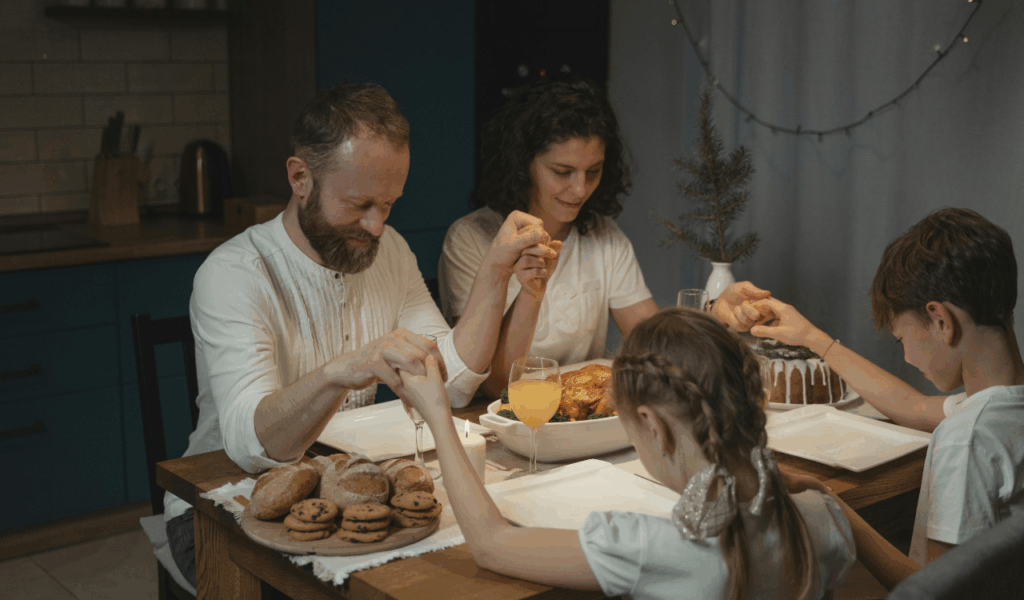
Stop for five seconds after the meal is over to enjoy what you made. You changed raw food into something that can feed you, even if it’s just toast. That’s strong. Thanking someone for their help closes the loop on your work and makes you feel more capable. It changes the focus from “what went wrong” to “what I did.” Ending your time in the kitchen with gratitude can help you feel lighter, calmer, and more in control.
